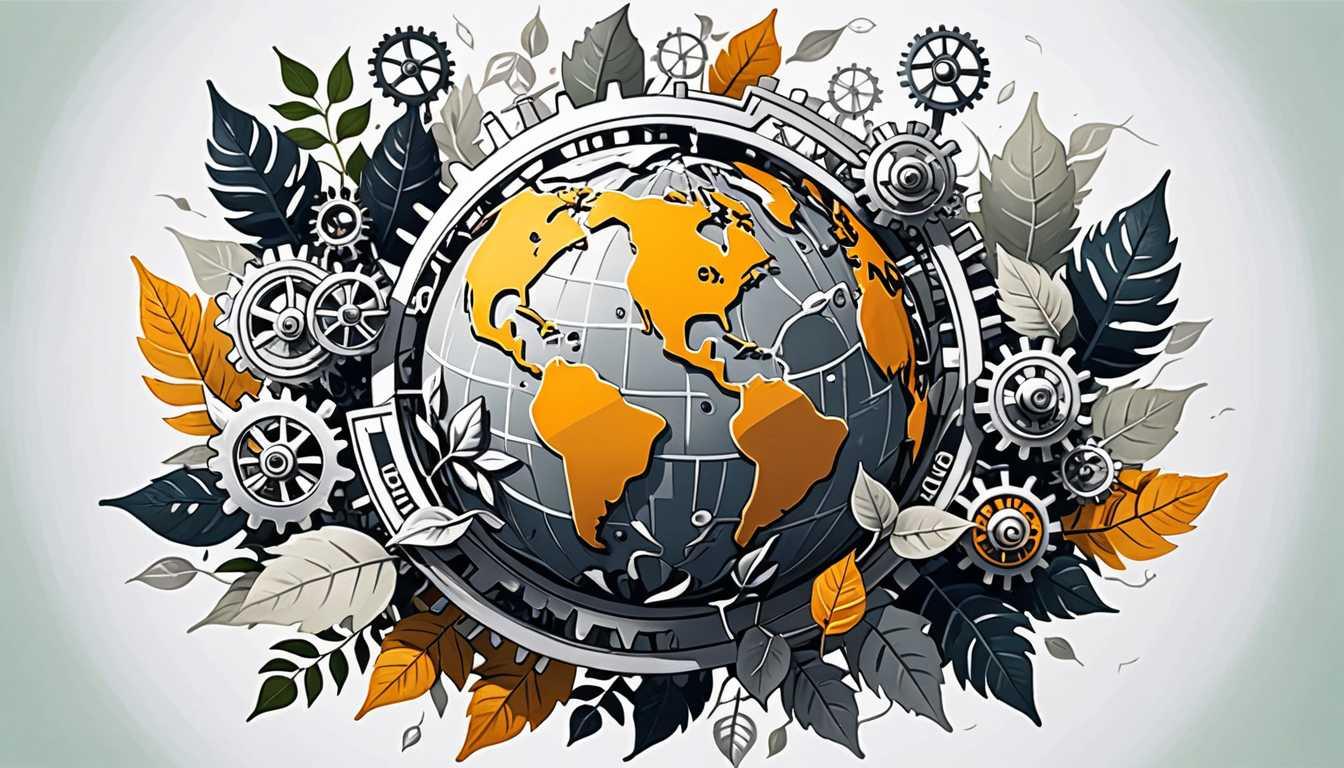Forensic Foodies: Unmasking Fraud
April 2010
Smithsonian Magazine
Introduction
Dive into the mystery aisle of your local supermarket with "CSI: Supermarket"—a thrilling Smithsonian Magazine article that uncovers the sneaky world of food fraud. Ever wondered if that "premium" coffee or "fine" wine is the real deal? Scientists are on the case, using cutting-edge DNA testing and even nuclear science to catch culinary impostors. From fake caviar to counterfeit cabernet, discover how modern forensics is serving up justice in the food world. Spoiler: It's more common than you think!
READ FULL ARTICLEWhy It Matters
Discover how this topic shapes your world and future
A Taste of Truth
The quest to combat food fraud isn't just about ensuring that the expensive wine you bought is the real deal; it's a global battle with implications that touch on health, economics, and the environment. By understanding the science behind food authenticity, we can protect consumers, support honest producers, and promote sustainable practices. This topic invites you to think critically about what you eat, where it comes from, and the journey it takes to reach your plate. It's a call to be curious, to question, and to demand transparency in our food systems. For you, this could mean becoming a more informed consumer, or even inspiring a career that contributes to a future where food fraud is a thing of the past.
Speak like a Scholar
Food forensics
The scientific analysis of food products to ensure their authenticity and safety.
DNA barcoding
A method of identifying species by comparing a short genetic sequence from a specific part of the genome.
Isotope carbon-14 (C-14)
A radioactive form of carbon used in carbon dating to determine the age of organic materials.
Bomb-pulse dating
A technique that uses the "bomb pulse" of carbon-14 created by nuclear tests to date objects.
Food policy analyst
A professional who studies and develops policies to regulate food safety, quality, and authenticity.
Data scientist
An expert in using algorithms, data analysis, and machine learning to solve complex problems, including tracking food origins.
Independent Research Ideas
The science of taste
Investigate how food fraud affects the sensory experience of eating. What happens to our perception of taste when we're tricked?
DNA decoders
Explore the role of DNA barcoding in identifying mislabeled food products. How does this technology change the game for food authenticity?
The carbon-14 chronicles
Delve into how nuclear testing has given scientists a tool to verify the age of wine. What are the implications for collectors and connoisseurs?
Economic eats
Examine the economic impact of food fraud on consumers, businesses, and the global market. Who really pays the price for these culinary cons?
Sustainable snacking
Investigate the relationship between food fraud and environmental sustainability. How does protecting authenticity contribute to a healthier planet?
Related Articles

Nickel: Ancient Earth's Climate Ally
August 2023
Stanford University

Air-Cleaning Breakthrough: Meet COF-999!
October 2024
UC Berkeley NewsCenter

Microbes: Earth's Tiny Carbon Heroes
May 2023
Cornell University

Teching Up Farms to Cool the Planet
September 2023
Cornell University

Uncorking the Science of Nonalcoholic Wine
September 2022
Smithsonian Magazine